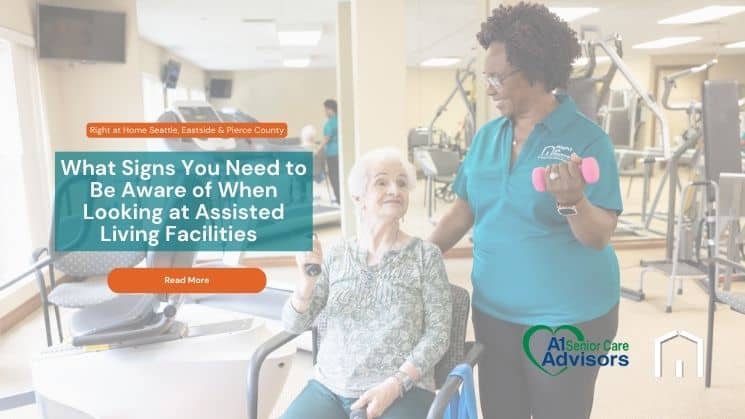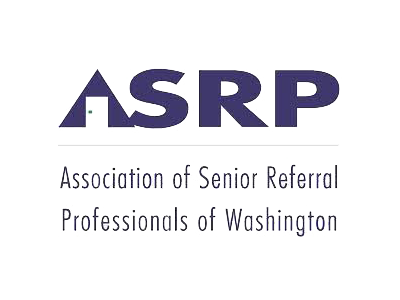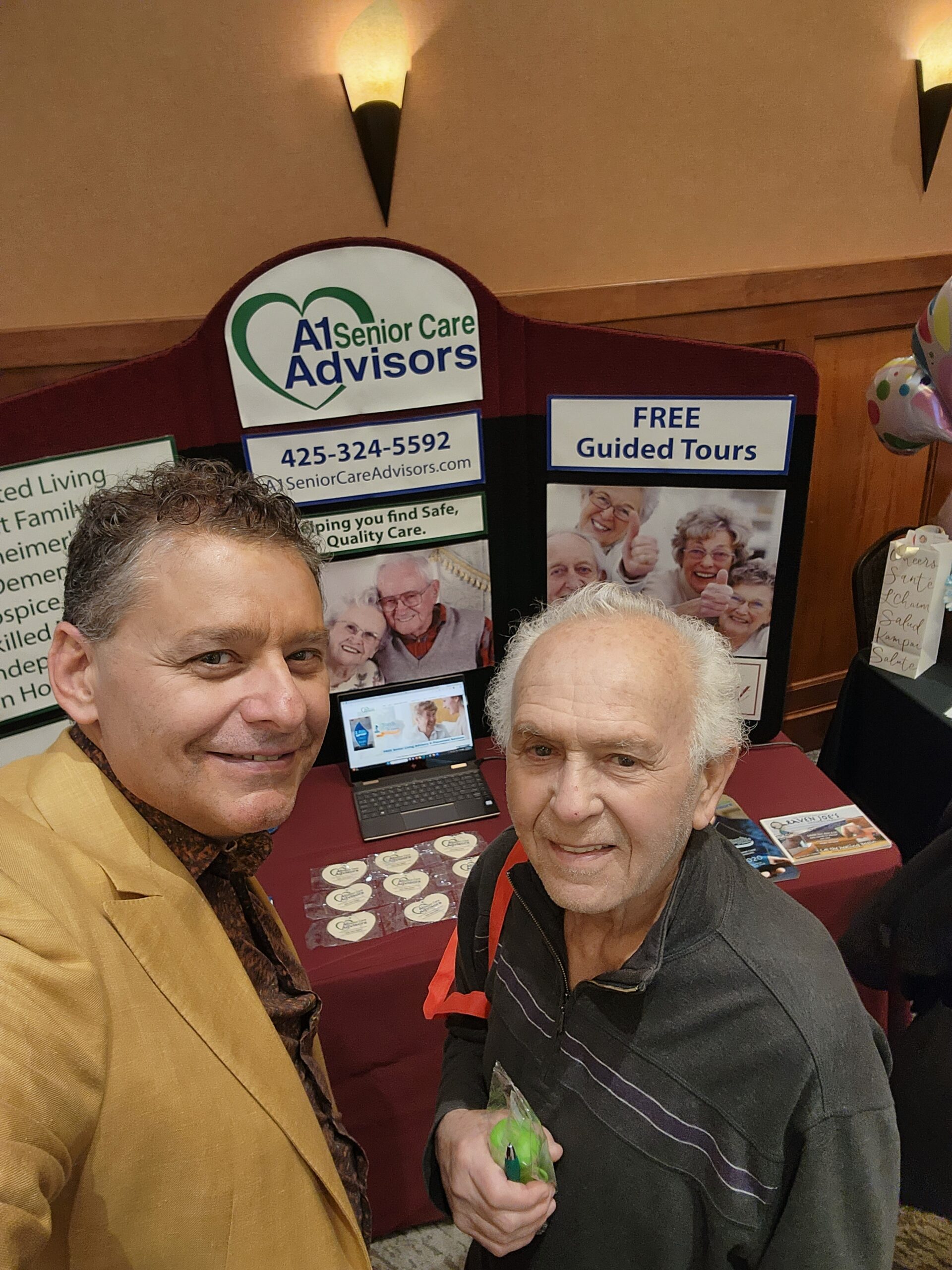Caregiver stress occurs because providing care to loved ones over an extended time can create physical and emotional strain. It is stressful to manage the health needs of aging loved ones, especially when it feels like you are alone.
It is not unusual to see caregivers for seniors having little time to themselves. Most people in this position are in an on-call position daily.
Being in a caregiver position may mean there is little time for other family members or social events with friends. It can even require someone to leave their job because of the amount of care that their loved one needs.
Caregiving can be a rewarding experience. When you spend more time together, the circumstances can draw you closer to each other.
What Are the Symptoms of Caregiver Stress?
People who experience the symptoms of caregiver stress can see it develop in their life in unique ways. It is not unusual to feel helpless in one moment and angry a second later.
Caregivers often cope by drinking alcohol or smoking as a way to relieve their stress.
Other symptoms of caregiver stress may include feeling alone and isolated, ongoing fatigue, headaches, body aches, and losing interest in the activities you used to enjoy.
Some caregivers experience significant gains or losses in weight. Changes to individual sleep cycles frequently happen because of the ongoing care needs of a loved one.
Anyone experiencing symptoms like these should speak with their medical provider about how they can cope with stress. It is also helpful to let others provide you with a break. Reaching out to a senior referral agencies like A1 Senior Care Advisors can help you understand the senior living options of your family’s can find in and around your community.
How to Manage Caregiver Stress
Caregivers’ support can help you to experience more of the rewards by taking some of the stress out of your situation.
Anyone can develop caregiver stress. Women have a higher risk of experience health problems from this issue, especially when caring for a loved one who has constant supervision and medical requirements. Having a loved one with dementia or Alzheimer’s disease creates a significant risk of anxiety or depression issues.
These stressful situations are especially prevalent when children take care of their elderly parents.
Taking care of yourself enables you to become a better caregiver. Knowing how to manage or prevent stressful situations can make it easier to unlock the rewards that come with this role.
Here are some practical steps that you can take today to start feeling better.
- Look for more efficient ways to help.
Many hospitals, long-term care facilities, and local charities provide classes that can teach you how to be an effective caregiver.
- Join a caregiving support group.
Speaking with others who face similar challenges can help you to feel less isolated. Some communities have groups for caregivers who manage specific disabilities or illnesses. Sharing caregiving tips, stories, and problems can help you to build an essential support network.
- Stay organized as much as possible.
It helps to create a daily routine that you can manage comfortably. Making a to-do list that covers each essential task can make it much easier to meet your loved one’s needs.
- Be willing to accept help from others.
Everyone in your family can support you in the position of a caregiver. It may be helpful to let those that can assist choose the role or tasks that they can provide in support. Having someone fill your shoes at home to run a critical errand for a couple of hours can reduce stress levels immediately. Some people may be more comfortable taking care of those chores, such as grocery shopping, for you so that you can focus on your loved one.
- Find caregiving resources in your community.
Caregivers for seniors don’t need to be on their journey alone. Community resources like A1 Senior Care Advisors can guide or connect you to the best services that match what your needs are at this stage in life. These organizations can locate facilities, provide referrals, identify support needs, and even place individuals with assisted living providers as needed.
Are you in a caregivers’ support role right now and feeling overwhelmed? The Family and Medical Leave Act allows eligible employees to take up to 12 weeks of unpaid leave per year if you are juggling the needs of a loved one with your career. Your HR representative can discuss your options if taking a break from work might be helpful.
Caregiver stress can have a significant impact on everyone in the family. Take care of yourself, ask for help, and use your community resources to find the balance you need.
If you’re interested in learning more call 425-324-5592 now. For more information about A1 Senior Care Advisors services, go to www.A1SeniorCareAdvisors.com or visit and LIKE our Facebook page at www.facebook.com/a1seniorcareadvisors.













